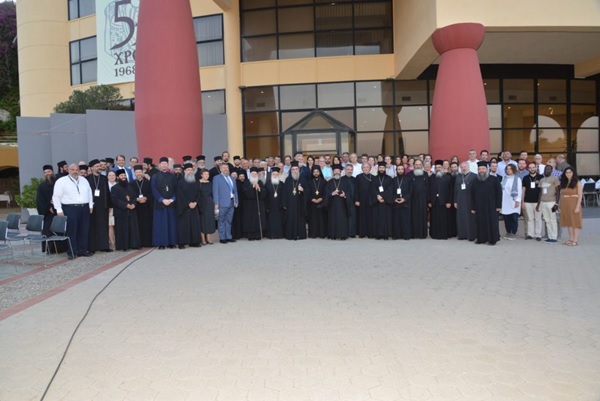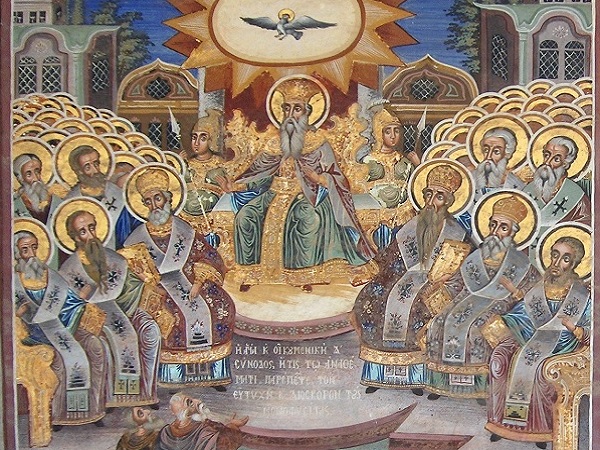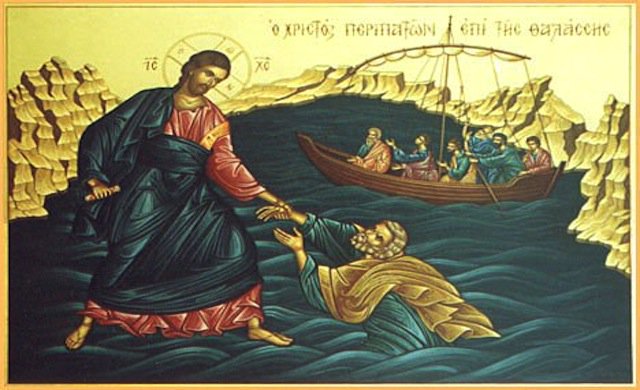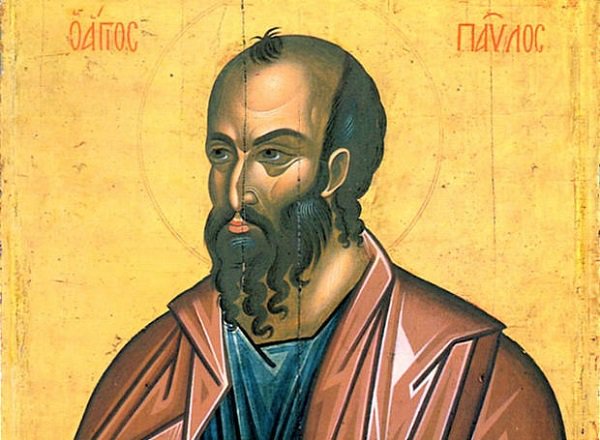
Elijah the Zealot. ‘The angel incarnate and rampart of the prophets’. There’s not a location in Greece that doesn’t have a church, or at least a chapel, a shrine, in his honour. He’s also similarly honoured in all Orthodox countries and in the Christian world in general. The numbers of those who bear his name are equal to those of any of the other popular saints. Not even the patriarch Abraham, nor Moses, who saw God, nor the stentorian prophet Isaiah who foretold the good news, have touched the devotion of the people to the extent that Elijah has. Only Elijah has stirred such piety. Why should this be? To what is this special affection due? Is it the sense ...






















